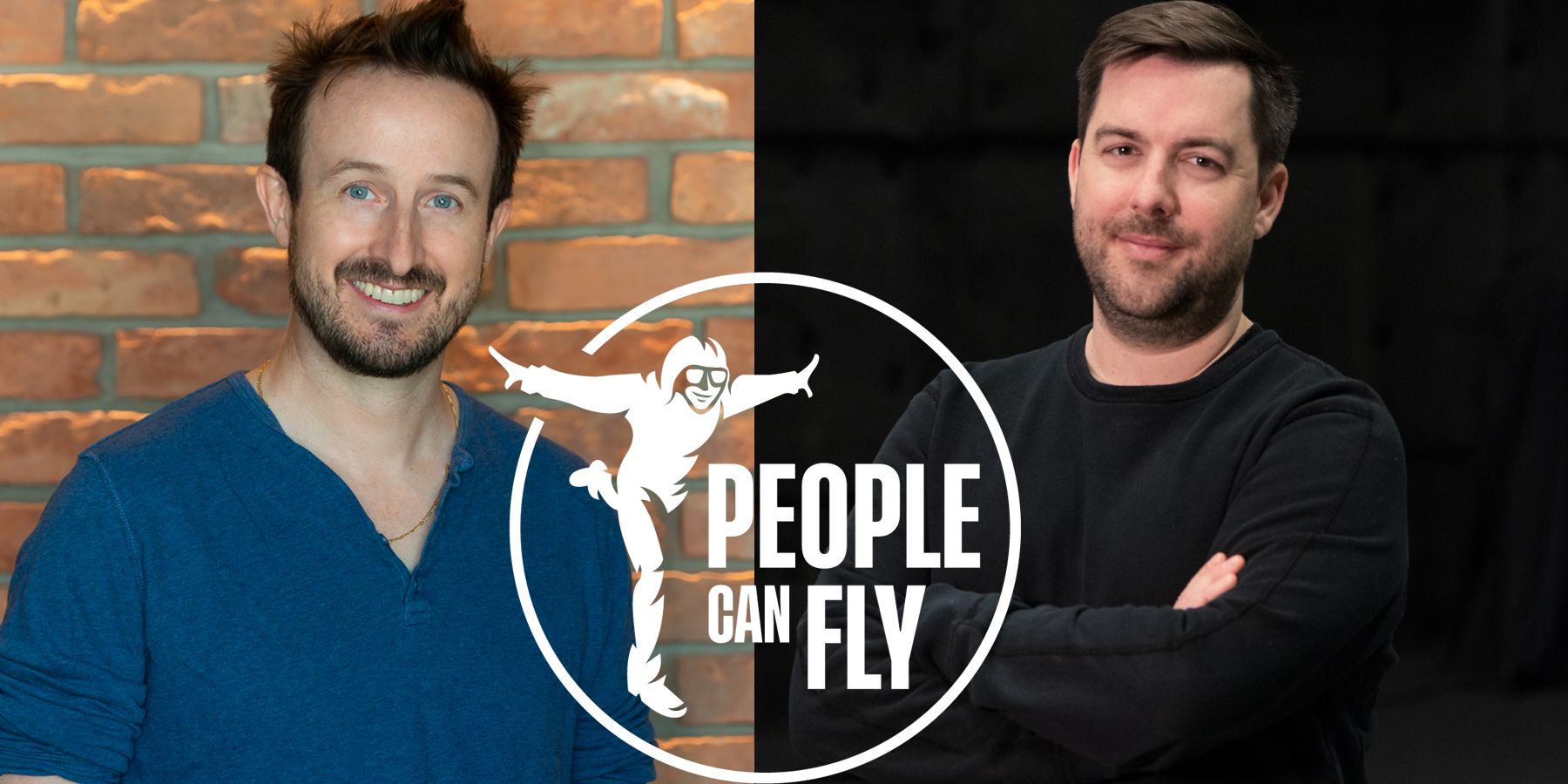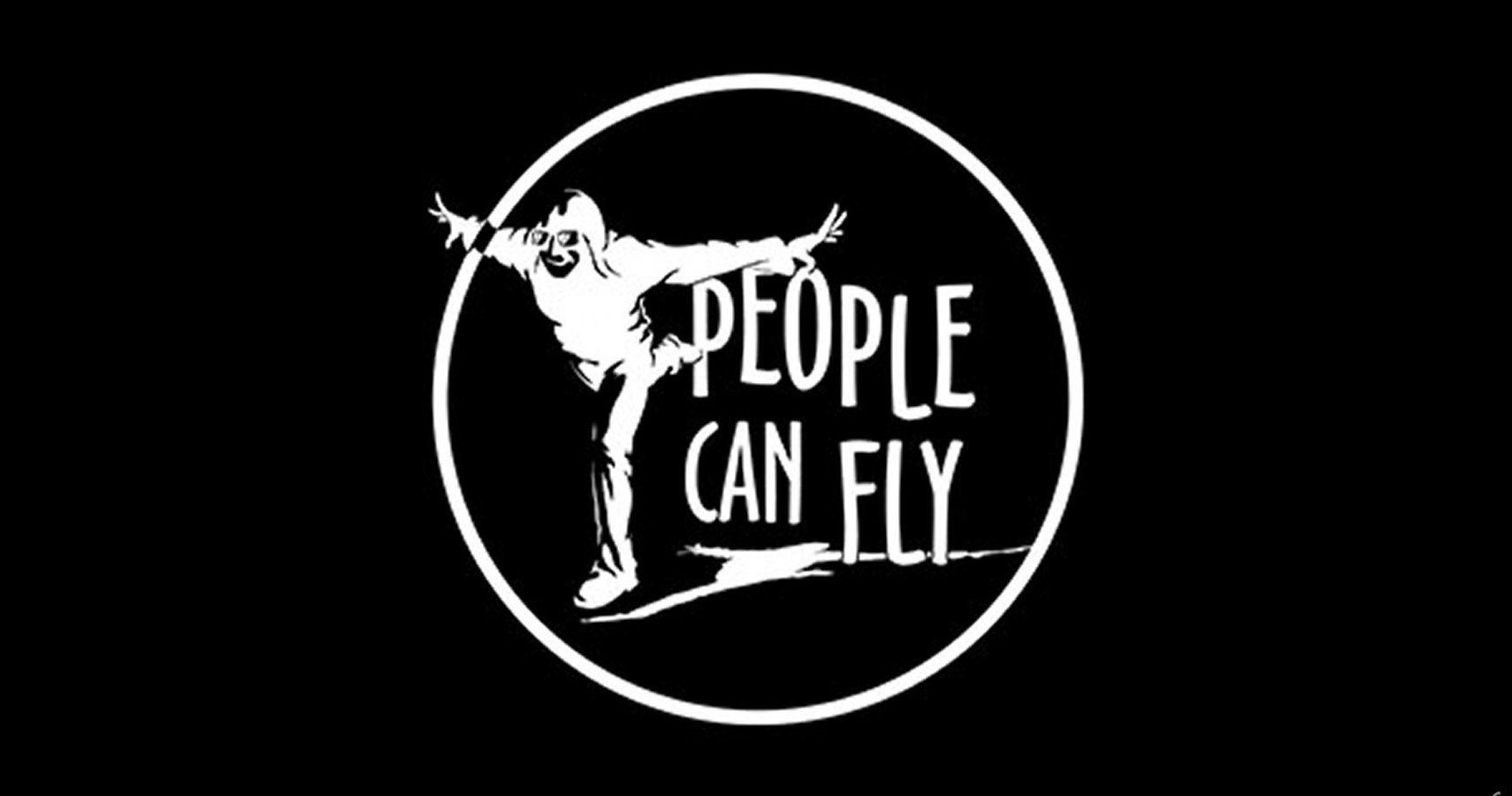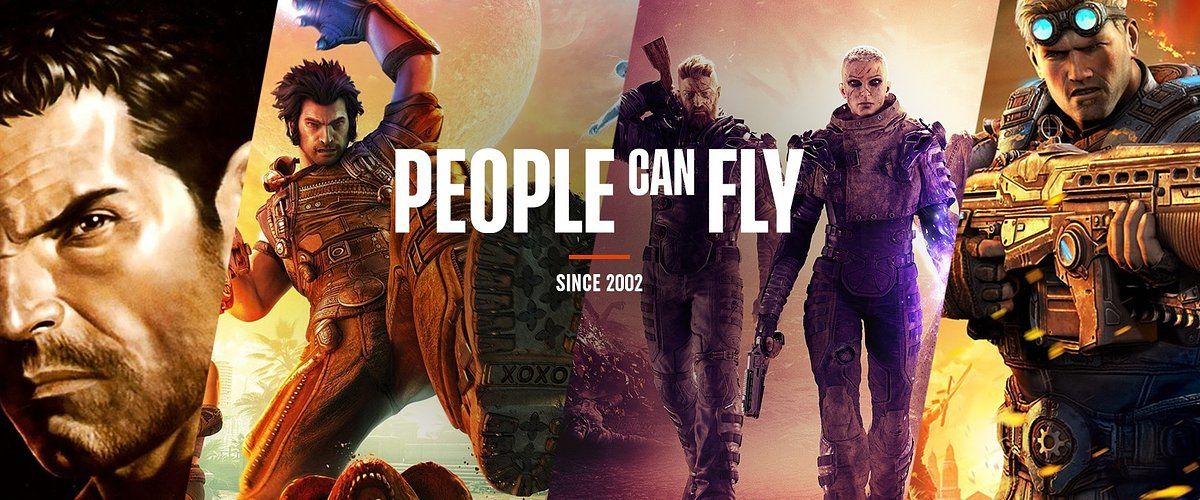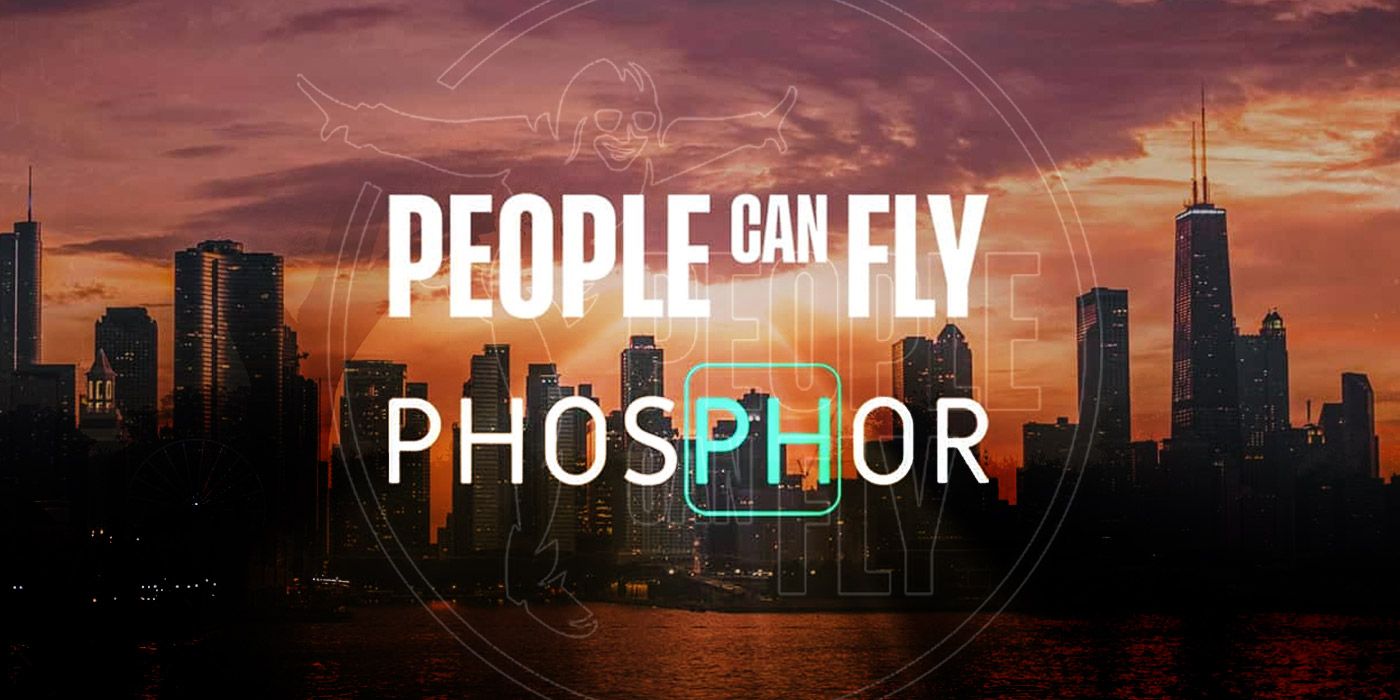Game development is something that takes years to complete and thousands upon thousands of human hours to create. Sometimes, gamers may fall into the trap of thinking one person or one studio is responsible for creating the video game experiences they enjoy and love, but that’s simply not the case. Oftentimes, various studios under one umbrella come together to create those defining experiences, but that does not take into account outside studios’ assistance, mocap studios, and more.
For the United Studios of People Can Fly, collaboration is a key term, and good collaboration requires open communication. People Can Fly has seven locations around the world, including the European studios in Warsaw, Rzeszow, Lodz, and Newcastle, as well as its North American studios in New York, Montreal, and Chicago. Though Project Gemini is principally led out of Europe and Project Dagger out of North America, they both benefit from the expertise of developers all over the world.
Game Rant recently spoke with People Can Fly New York’s Roland Lesterlin, People Can Fly Canada’s Sam Girardin, and CEO Sebastian Wojciechowski about the company’s growth in North America and its unique approach to collaboration and a fun workplace environment.
The United Studios of People Can Fly – Operating as One
One potential fault line for such a high level of collaboration is how studios operate differently. There are known to be rivalries among some development studios under one banner, but that’s not the case here as Lesterlin puts it. When asked to describe the relationship between PCF New York and Canada, Lesterlin said, “well, it’s honestly hard to tell the difference.”
Sure, each studio maintains its own identity. Some studios speak different languages like Polish or French, and then there are time zone adjustments, but the leadership and teams are so distributed that it becomes easier for those differences to melt away. This is especially true because People Can Fly offers language classes, as to bridge any language barriers among its developers.
Girardin sees this coming together for collaboration as an “amazing accelerator.” It’s important that People Can Fly remains transparent and over-communicates to a certain degree, but because of the different companies, cultures, and experiences, the developer has “the capacity to get masters at many different things and new ideas.”
People Can Fly – Operating During a Pandemic
Of course, nothing has tested that collaboration and communication quite like the pandemic, yet Girardin believes that “working from home did remove the distance between our people.” This is because there are more direct ways to communicate at any time, and any office barriers were removed. Plus, it ensures that People Can Fly puts its developers first. “We still have very few people coming to the office because our first reflex is to protect them and to not push them going back to the office that fast,” says Girardin.
Even then, it’s worth noting that communication is something no one is perfect at. There are problems among the best communicators from time to time, and it’s important that in this digital world people are heard. Lesterlin describes this experience as trying to be “a very open, very honest group, from leadership and production throughout all the developers as well. Creativity can spring up from anywhere. So, it’s not just about communicating yourself, but also listening to others and hearing cool ideas, and then making sure they can be followed up on.”
And the noteworthy thing about this communication is the complete breakdown of barriers, described by Girardin. Certainly, there are companies up there where no one can get time with a lead, boss, or CEO, and that applies to all industries. Girardin highly praises People Can Fly’s “corporate” structure:
To me, PCF is the least corporate publicly traded company in the industry period. The structure is kept flat and people are accessible. If you want to send a message to Roland, you send a message to Roland on Slack. You want to talk to me about something, you talk to me about something. If you have an idea and you want to chat with Seb about it, you go to Seb. We're always open, and that's just because we're passionate.
So really, I want to emphasize that it's the least corporate publicly traded company in the video game industry period. It is the flattest company that you can be in right now.
People Can Fly – Expansion
People Can Fly has grown a lot over these past few years, with 2021 seeing Chicago join the collaborative fold of the company. Many would expect growing pains, miscommunications, and hardships when trying to bring a whole new group onto a project, and this is not to say there hasn’t been hiccups, but Girardin describes bringing Chicago in as “very natural.” Girardin has been in the industry for a long time and describes building bridges and teams as a major skill of his, and this reflects in PCF Chicago, which used to be Phosphor Games. On this addition, both Girardin and Lesterlin had nothing but praise.
Girardin:
Chicago, ex-Phosphor, were already working with the Dagger team prior to the acquisition. So, we already had this vibe, this internal experience of how it was going. Then, we pursued the opportunity to get this team into PCF, to add their expertise as well.
Lesterlin:
"It gave them stability, brought them into projects they were excited about, allowed them to work on even bigger things, and added a much-needed amount of expertise to the Dagger team because they've had a lot of experience with Unreal for a long period of time. That helped us across all of our tool chains and ideas…Suddenly, the next day, I have a whole new group of awesome developers ready to get started."
People Can Fly – The Real Importance of Unreal Technology
Lesterlin says that, when developers look for a job, they want to “work on the coolest IPs with the fanciest toys.” All of PCF seems eager to work on Unreal Engine 5, always looking forward to that next piece of tech, and the United Studios of People Can Fly have all that history and knowledge to leverage. The engineering team out of Poland, for example, has worked in Unreal for 20 years, and the best part is that this allows developers to focus on games. The importance of gaming tech isn’t just how well they work, but how they can be pushed to “tell the stories [developers] want to tell.”
Graphics, loading times, haptics, and all of that is only as good as the “creativity linking them back to the game…you’re using the paintbrushes given to you to make something even more majestic and awesome,” not just for technology’s sake, says Lesterlin.
This emphasis on tech isn’t about tech, but the games it can make and the fun developers can have doing so. A good workplace culture and workplace environment results in better games, and that’s something People Can Fly leads the world over have echoed again and again. Perhaps no one puts People Can Fly’s plans together, in terms of future games, growth, fun, identity, culture, communication, and collaboration, than CEO Wojciechowski:
2022 is just around the corner. We will still be focused on work with our current projects, whether it was Outriders, Dagger, Gemini, or the game we plan to self-publish. Those are our priorities. These are the projects that will stimulate our growth.
We are also intending to grow PCF further with acquisitions and mergers. I can't share more now, but we are always on the lookout for opportunities. That said, the most important thing is we want to remain a very creative place to work. This is something Sam mentioned, Roland mentioned, a place where we create new and exciting IPs, where developers can grow and learn and still have fun. This is the most important for us going forward.
People Can Fly is working on Outriders, Project Dagger, Project Gemini, and a new self-published project.





